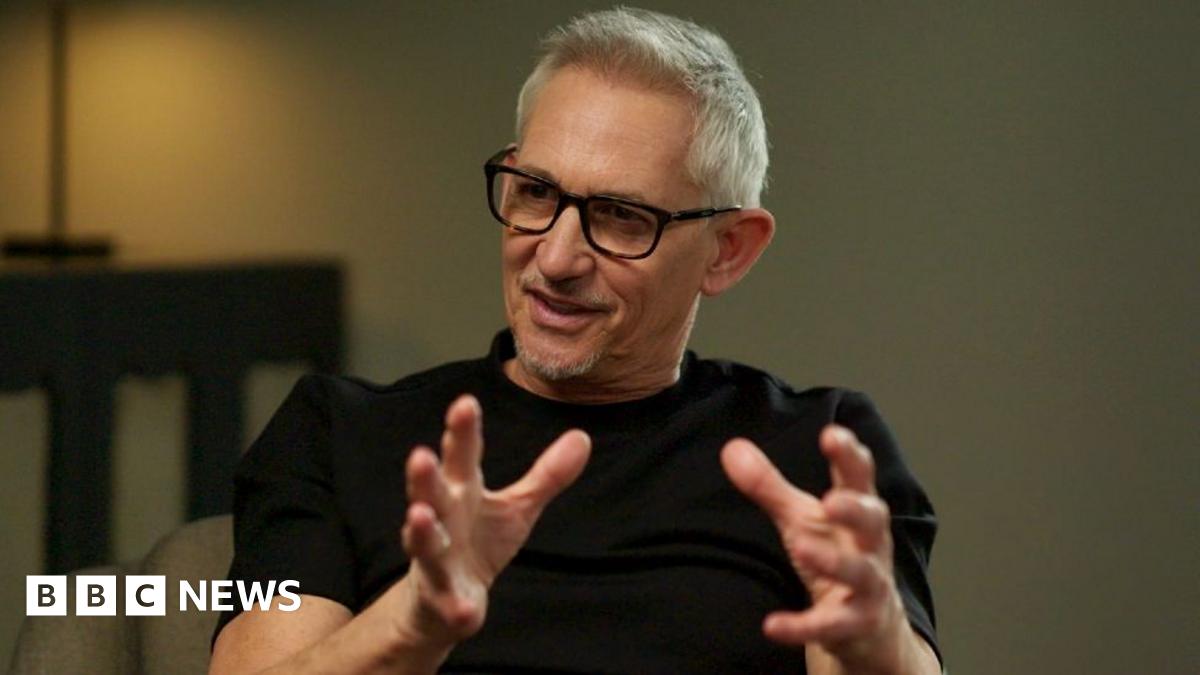Gary Lineker Exit: BBC's MOTD Decision Explained
The BBC's decision to temporarily remove Gary Lineker from his presenting role on Match of the Day has sent shockwaves through the sporting world and beyond. The controversy, sparked by Lineker's criticism of the government's controversial asylum policy, highlights a complex interplay between impartiality, freedom of speech, and the role of public broadcasters. This article delves into the events leading up to Lineker's suspension, the BBC's justification, and the wider implications for the corporation and its relationship with viewers.
The Tweet that Sparked a Firestorm
The controversy began with a tweet from Lineker, comparing the language used to launch the government's new asylum policy to that of 1930s Germany. This comparison, considered by many to be inflammatory and overly harsh, immediately drew criticism. While Lineker defended his right to express his political views, the BBC found itself facing a difficult situation. The corporation maintains a strict impartiality policy for its on-air talent, a policy designed to maintain public trust and avoid appearing biased.
The BBC's Response: A Balancing Act?
The BBC's initial response was swift, announcing Lineker's temporary removal from Match of the Day. This decision was justified by the corporation's commitment to impartiality, arguing that Lineker's tweets had violated this policy. However, the decision has been met with widespread criticism, with many accusing the BBC of bowing to political pressure and stifling free speech. The subsequent walk-outs by fellow presenters and pundits on Match of the Day further amplified the controversy, highlighting the deep divisions within the organization and among its viewers.
The Wider Implications: Freedom of Speech vs. Impartiality
The Lineker case raises fundamental questions about the balance between freedom of speech and the need for impartiality in public broadcasting. While many support Lineker's right to express his political opinions, others argue that his position as a high-profile BBC presenter necessitates a higher standard of neutrality. The situation underscores the complexities faced by public broadcasters in navigating the increasingly polarized political landscape.
-
Arguments for Lineker: Supporters argue that the BBC's decision is a form of censorship, suppressing legitimate political dissent and chilling free speech. They point to the precedent this sets for other presenters and the potential for future self-censorship.
-
Arguments against Lineker: Critics contend that Lineker's tweet was inflammatory and crossed the line from expressing an opinion to making a potentially damaging comparison. They uphold the importance of the BBC maintaining impartiality to retain public trust.
The Future of Match of the Day and the BBC
The fallout from the Lineker controversy will undoubtedly have lasting consequences for the BBC. The corporation faces the challenge of reassuring viewers that it remains committed to both impartiality and freedom of expression. The long-term impact on Match of the Day's viewing figures and the BBC's overall reputation remains to be seen. The events have ignited a vital debate about the role of public broadcasting in a democratic society.
Key takeaways:
- Gary Lineker's tweet criticizing the government's asylum policy led to his temporary suspension from the BBC.
- The BBC cited its impartiality policy as the reason for the suspension.
- The incident sparked widespread debate on freedom of speech vs. impartiality in public broadcasting.
- The long-term consequences for the BBC and Match of the Day remain uncertain.
This situation continues to evolve, and further developments will undoubtedly shape the narrative. Stay tuned for updates on this ongoing story. What are your thoughts on the Gary Lineker situation? Share your opinion in the comments below.

